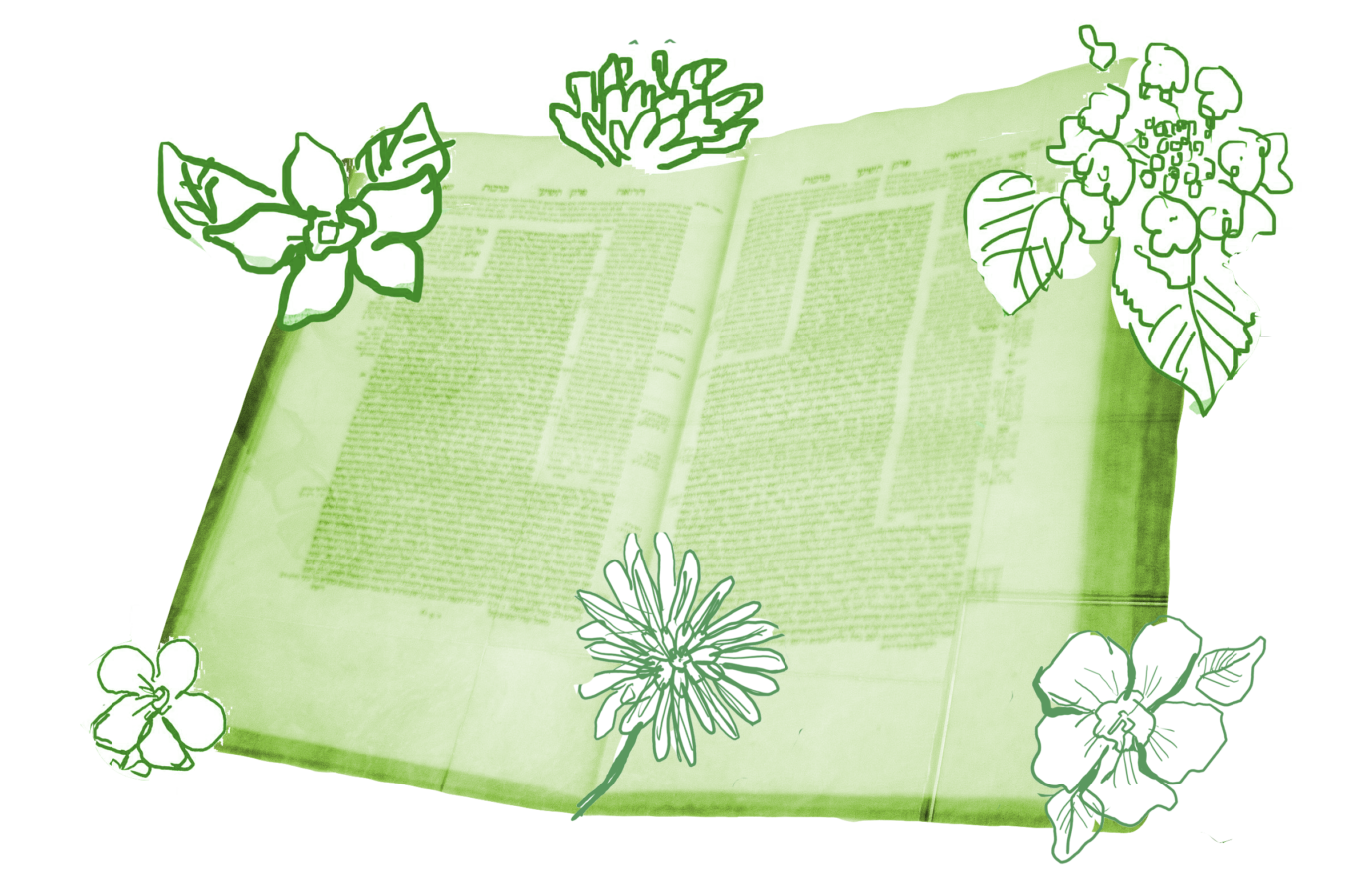It’s likely that at one time or another, you’ve come across a sign in a store that proclaims, “You break it, you buy it.” A mishnah on today’s daf seemingly rules in the opposite way.
With regard to one who was transporting a barrel from one place to another, and he broke it, whether he was an unpaid caretaker or a paid caretaker, if he takes an oath that he was not negligent, he is exempt from payment. Rabbi Eliezer says: Both this one and that one (paid and unpaid caretaker) must take an oath, but I wonder whether both this one and that one can take an oath.
A person entrusted with moving a barrel from one place to another stumbles and breaks it. Whether paid to move the barrel or not, the mishnah rules that the caretaker is not liable to reimburse the cost of the broken item as long as they swear it wasn’t their fault. But Rabbi Eliezer (like many of us, no doubt) is confused, and asks: Why not? Why shouldn’t someone who broke the item they were guarding have to pay restitution to the owner who trusted them to do the job, particularly a person who was paid to do it?
The Gemara begins by trying to determine the source of the ruling.
The sages taught: With regard to one who was transporting a barrel for another person from one place to another and he broke it, whether he was paid or unpaid, if he takes an oath that he was not negligent, he is exempt from payment — this is the statement of Rabbi Meir. Rabbi Yehuda says: An unpaid caretaker takes an oath and does not pay, but a paid caretaker pays.
In this source, there are two opinions: Rabbi Meir says neither the paid nor the unpaid caretaker pays restitution for the broken barrel, as long as they take an oath. Rabbi Yehuda says that the unpaid caretaker can swear they weren’t negligent, but a paid caretaker does not have that option and has to provide restitution.
There’s a problem, though: Elsewhere, Rabbi Meir ruled differently. Back on Bava Kamma 29a, he says that a caretaker who stumbled and broke an item they were guarding is indeed responsible to pay restitution. So, the Gemara asks, what’s different in this case:
And the rabbis say that the caretaker is exempt according to human laws but is liable according to the laws of Heaven. And we maintain that they disagree with regard to the question of whether one who stumbles is negligent.
The sages affirm what Rabbi Eliezer notices: that there’s a disagreement between Rabbi Meir and Rabbi Yehuda as to whether one who stumbles is negligent (and therefore must pay restitution for the broken item). But they also raise another matter: whether the letter of the law, absolving the stumbling caretaker who swears an oath they were not negligent, is what we should rely on. Instead, they say, even if the person is exempt from paying, they should pay anyway, because of the “laws of Heaven.” What does this mean?
Let’s go back to the example we started with: The sign in the store that says, “You break it, you buy it.” Is a person who knocks into a table filled with glass figurines that subsequently break really on the hook to reimburse the store owner for the broken items? According to multiple legal sources, that policy is almost impossible to enforce unless others saw her acting in a manner likely to result in damage (the proverbial bull in a china shop). Stores regularly factor inevitable breakage of merchandise into their overhead. That doesn’t mean, though, that a person who unwittingly breaks an item on display in a store shouldn’t accept responsibility and pay for it anyway, because it is the right thing to do.
This is the final mishnah in chapter 6 of Bava Metzia, and after many pages steeped in the details of various specific situations it concludes with a wider view of how to resolve things that go wrong. There’s a law that should supersede the law of the land, the sages say, and that’s the law of Heaven. In such cases, we should strive to go beyond the letter of the law and do the right and moral thing — even if we’re not obligated to do it.
Read all of Bava Metzia 82 on Sefaria.
This piece originally appeared in a My Jewish Learning Daf Yomi email newsletter sent on May 20th, 2024. If you are interested in receiving the newsletter, sign up here.



